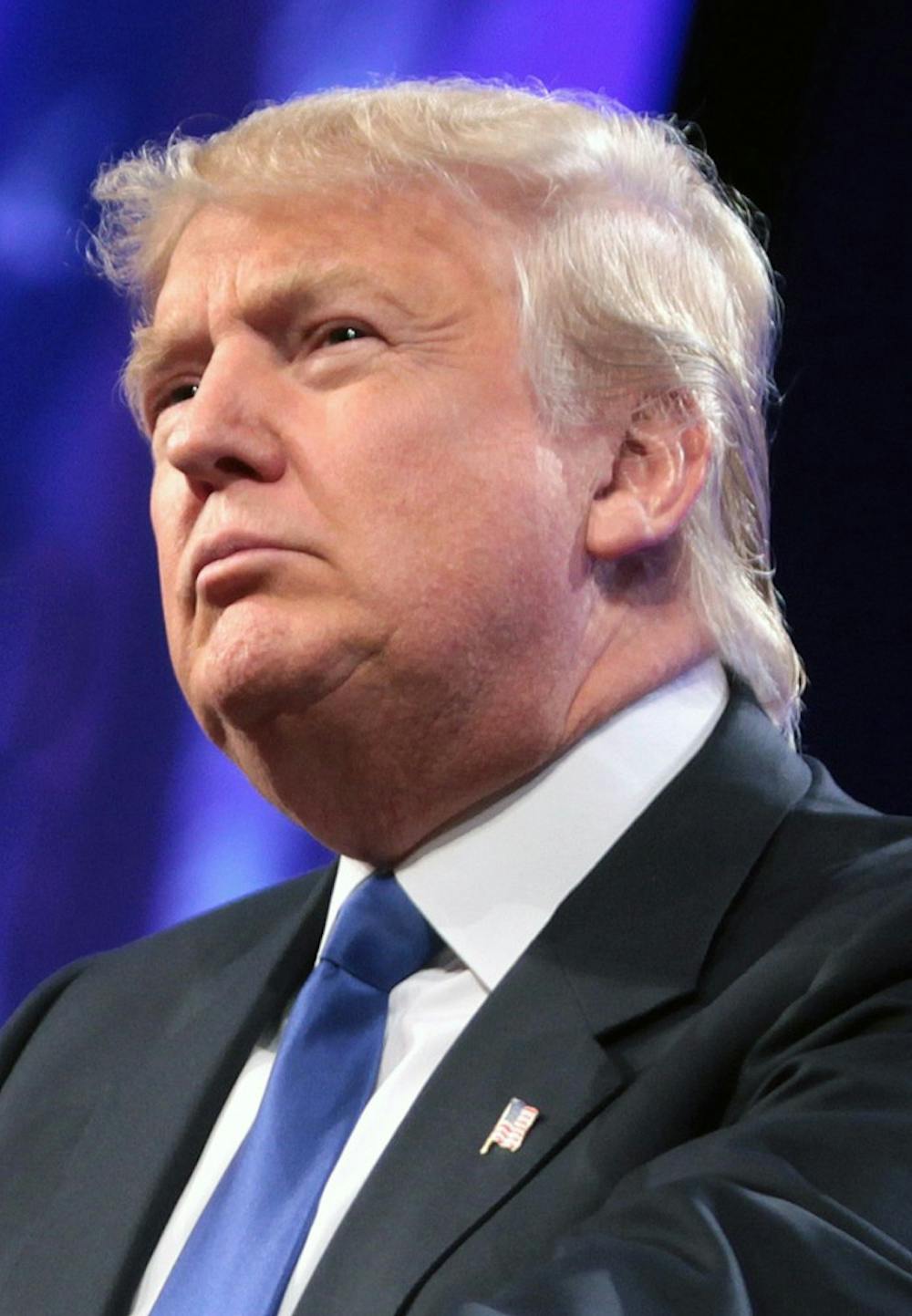President Donald Trump has shown that he is more than willing to bluff. In his first 100 days, he stated he would not pass a budget without funding for the border wall, said he would unilaterally remove key Obamacare subsidies and threatened to campaign against members of the Freedom Caucus. He has walked back from all of these statements in one way or another. Bluffing itself is not necessarily always bad, but it must be used strategically and sparingly. If Trump continues to bluff at his current rate, it will not only weaken his ability to accomplish much needed change, but also create dangerous uncertainty domestically and abroad.
Trump is far from the first leader of the executive branch to bluff. The most prominent historical example is President Richard Nixon’s madman theory of foreign affairs. Nixon and his advisors tried to make the U.S. President look irrational and volatile in order to create uncertainty in the mind of the Soviet Union leaders. The theory was that this would lead soviet leaders to avoid provoking the United States for fear of an unpredictable response.
For all the comparisons people have made between Trump and Nixon, their style of bluffing is vastly different. For Nixon, bluffing was a considered strategy — he met with advisors and generals before taking this course. The President seems to bluff on a whim, responding to provocations with little consideration of the larger implications. Nixon also bluffed sparingly — he did not make it a trend. The madman theory had authority because people did not see Nixon as someone who bluffs very often. Trump has eroded his credibility by bluffing constantly. Once people know the president is prone to bluff, they are much more likely to push back on his ideas in hopes that he backs down.
Trump’s incessant bluffing is hurting his own domestic agenda. By threatening to take away Obamacare subsidies and then backing out at the last second, the President removed a significant piece of leverage he had against Democrats. Unsuccessfully bullying the Freedom Caucus into supporting his Obamacare repeal-and-replace plan diminishes his ability to work with them in the future. The budget ultimatum which Trump made makes it really tough for him to eventually force through funding for the wall.
It also makes it harder for the President to make demands of our allies, let alone enemies. The Mexican and Canadian governments were successful in reversing Trump’s threat to pull out of NAFTA while seemingly not conceding anything. Trump’s claim that the border wall will be paid by Mexico has been flatly denied by the Mexican President. Threats to pressure China on trade and label it a currency manipulator have all fallen by the wayside. NATO is no longer an outdated institution that the President is ready to pull out of. If our allies do not trust the word of Trump it is going to be very hard for him to hold key international negotiations and deals.
The sheer amount of bluffing that the President does in international politics is very dangerous. International affairs operate primarily on trust and relationships. As Trump continues to change his positions and make bluffs it is going to be very hard to build and maintain those relationships. As much as the President brags about his great relationships with world leaders, there are few that truly seem to support him. It is hard to see Trump taking part in the equivalent to the Paris Climate agreement or Iran Nuclear Deal with the reputation of someone who bluffs so much.
The fact is that Trump is used to having an overwhelmingly strong negotiating position. He has consistently “negotiated” his way out of paying contractors that worked on his buildings. Ironically, as president he cannot bully people as easily as when he was just a real estate mogul. The President will need to learn to work people, to build coalitions and avoid making impossible ultimatums. The words of the president are important and Trump must learn that threats he makes must be backed up with actions or forgone altogether. Otherwise, his agenda will continue to flounder.
Bobby Doyle is an Opinion columnist for The Cavalier Daily. He can be reached at opinion@cavalierdaily.com.







